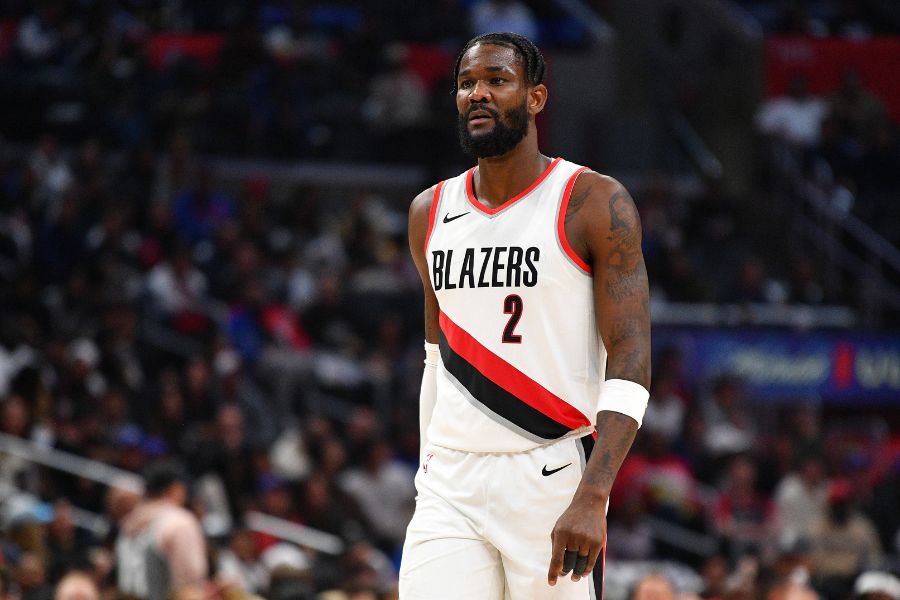Since gambling is a newly legitimized industry, the government has to play a large role in launching and regulating the market in the states where it’s since been legalized, and the enormous tax ramifications of sports betting also draws heavy attention from legal authorities.
As the country moves further away from sports betting’s initial legalization in 2018, states that have just recently made sports betting available in their jurisdictions and the states that have yet to legalize gambling are falling into a disadvantage. Major sportsbooks like FanDuel, BetMGM, and Caesars have had years of experience under their belt as operators now.
As such, they may not have as much patience as they did back in 2018 when sports betting was new to everyone involved. The state of Massachusetts found this out first hand when nearly every major sportsbook in the state refused to attend the state’s recent roundtable hosted by the Massachusetts Gaming Commission.
Massachusetts Gaming Commission Slighted by Major Sportsbooks
Out of 11 operators that were invited, 10 failed to show up, including the three major pillars mentioned earlier as well as DraftKings, Fanatics, and ESPN Bet. The one sportsbook that did show up, Bally, has yet to begin operations in the state.
The MGC and the overall state of Massachusetts felt slighted by this lack of participation from the operators. Despite the MGC claiming that the roundtable would not intend to draft new regulations or policies, this no-show from the major MA sportsbooks may be a sign that any regulation in the sports betting industry would be slow-moving in the state, according to gaming legal expert, John Holden:
“The lack of participation from any of the operators is probably a signal that any changes here are going to come really slowly. And there’s probably going to be a fight along the way over it. I do think that the regulator’s hands are somewhat tied by the legislation. They can’t effectively go out and do whatever they want.
I think if progress is to be made, going about this by brute force probably isn’t the best approach. The Gaming Commission is responsible for protecting consumers. But at the same time, you need to have a working relationship with operators as well. So it’s kind of balancing act that I think is really important here.”
Potential Future Ramifications in Massachusetts Down the Line
MGC commissioners were openly displeased with the turnout, and they weren’t the only ones. Jack Andrews, a representative of the public at the MGC roundtable, voiced his concerns with the state’s sportsbooks to empty chairs, stating that he and other bettors want answers for seemingly arbitrary betting limits set by the operators that their patrons will encounter without explanation.
Andrews wasn’t able to get any answers at the roundtable either, unfortunately. The state has gone on record with their displeasure with the operators. This frustrating start as Massachusetts online sports betting just recently launched a little over a year ago could bode poorly unless operators change their tune.





